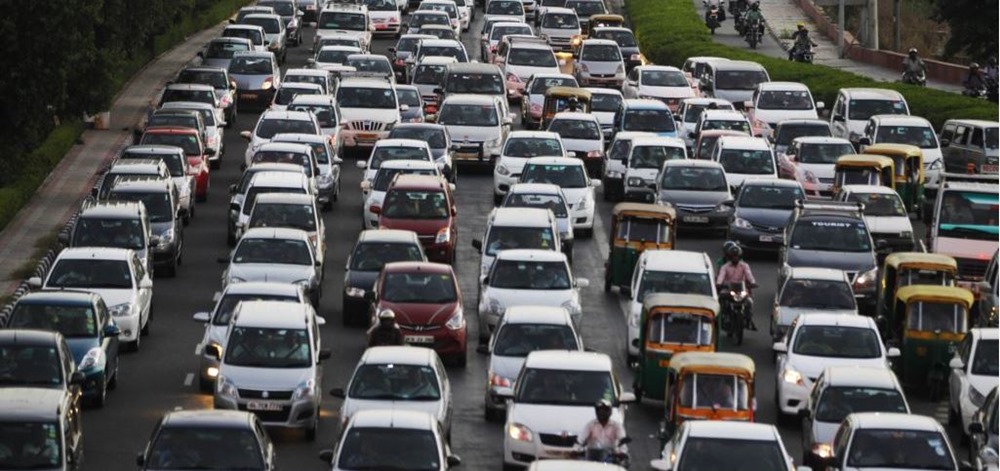Govt Wants Automobile Firms To Stop Making Diesel Cars: Find Out Why? Alternatives?

Nitin Gadkari, the Union Minister for Road Transport and Highways of India has encouraged carmakers to promote other technologies to reduce vehicular pollution. Specifying about carbon emission, he said carmakers should discover alternatives to diesel to reduce carbon emissions and thus should reduce the development and sale of diesel vehicles.
“I appeal the vehicle manufacturers to discourage the production and sale of diesel engine vehicles. Diesel-based pollution is extremely hazardous to the environment and human health. The industry must promote alternative fuel technologies and fund R&D (research and development) for alternative fuels.”
Speaking at a conference organised by the auto industry association SIAM on Wednesday Gadkari.
Flex-Fuel Engines
Gadkari proposed introducing flex-fuel engines, which can run on ethanol-blended gasoline.
The deadline for achieving a 20% ethanol-to-petrol blend has already been set by the government. Vehicles with flex engines allow consumers to choose between running the vehicle on 100% petrol or 100% bio-ethanol.
“The technology is readily available, and it is just a matter of time to take that leap which will transform the transport landscape of India forever,” he added.
What Are E20-Compatible Vehicles?
Gadkari expects more E20-compatible vehicles as E20 is a blend of 20 per cent ethanol and 80 per cent petrol. He wants carmakers to come out with these types of vehicles as soon as possible.
“This will be immensely helpful in cutting our import bill and giving a direct benefit to our farmers, without a compromise on the environment,” he said.
Green-Hydrogen Is The Fuel For The Future!
Gadkari stressed about the hydrogen fuel cell vehicles and said that his ministry is exploring its prospects.
He also specified that there is a need to develop low-cost indigenous battery technologies as customers are now looking forward to electric vehicles, so carmakers should roll out more suitable options.
“Green-hydrogen is the fuel for the future. We need to find appropriate technologies for its generation, transportation and storage,” he said.
“Development of charging infrastructure is very important for EV adoption,” he said.

Comments are closed, but trackbacks and pingbacks are open.